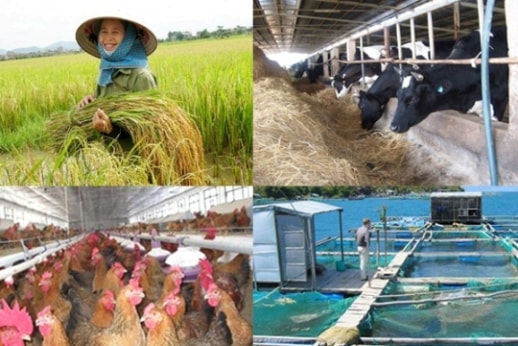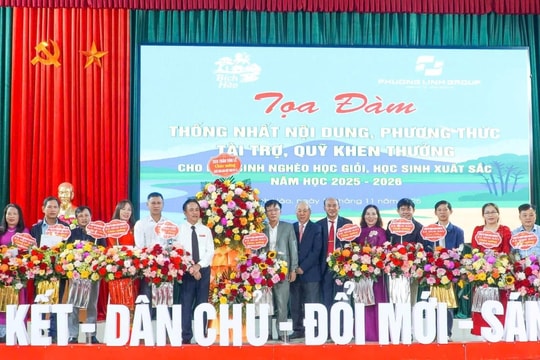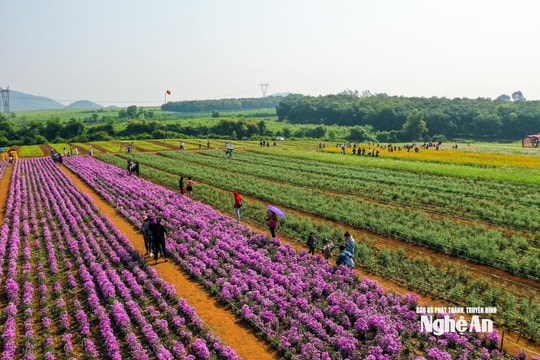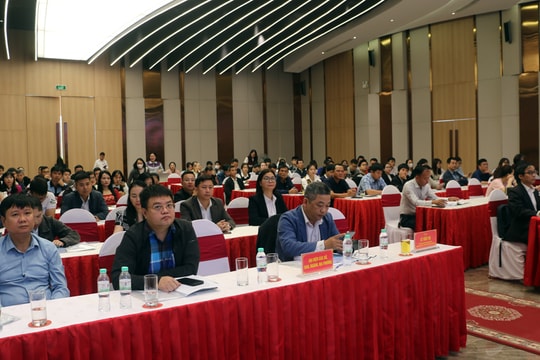Successful agricultural transformation is the engine of Vietnam's growth
Vietnam’s agriculture and food system are at a turning point. Despite its successes and great opportunities, the sector also faces significant demographic, economic and environmental challenges.
 |
| Illustration photo |
This is a content in the Vietnam Development Report 2016 of the World Bank (WB) published on September 27 with the theme "Transforming Vietnam's agriculture - Increasing value, reducing inputs".
Analyzing in detail the opportunities and challenges in the agricultural sector, the WB report affirmed: To maintain its competitive position in the international market, Vietnam needs to improve product quality, food safety, and at the same time increase value.
The World Bank has recognized the remarkable progress of the agricultural sector, with Vietnam becoming a leading exporter of agricultural products and food and among the top five largest exporters of seafood, rice, coffee, tea, cashew nuts, black pepper, rubber and cassava.
But the WB commented: The quality of agricultural growth is still low, shown through a number of phenomena such as the low profit margin of small-scale farmers, the high unemployment rate among agricultural workers, low product quality and food safety, and weak technological and institutional innovation.
Besides, agricultural growth is still mainly based on increasing crops, increasing use of inputs (fertilizers) and natural resources (water).
According to the World Bank, the current growth momentum based on volume is not a long-term direction.
Mr. Ousmane Dione, WB Country Director in Vietnam analyzed: The agricultural sector produces products at a high price to pay for the environment, so changes are needed to overcome these challenges to contribute to ensuring future agricultural growth and better meet the needs and aspirations of the Vietnamese people.
Faced with the problems of Vietnamese agriculture, the WB proposed a number of recommendations such as: Improving the effectiveness of State management; strengthening incentive measures, rationalizing service provision, thereby encouraging and monitoring the development of green agriculture, improving the effectiveness of the food safety system and protecting consumers.
The State should also consider applying policy tools to better manage risks in agriculture, creating an ecosystem for agricultural enterprise development.
“A flexible, market-based and knowledge-based agricultural system with reduced state intervention will be essential for more successful modernization,” the WB recommends.
According to Chinhphu.vn








